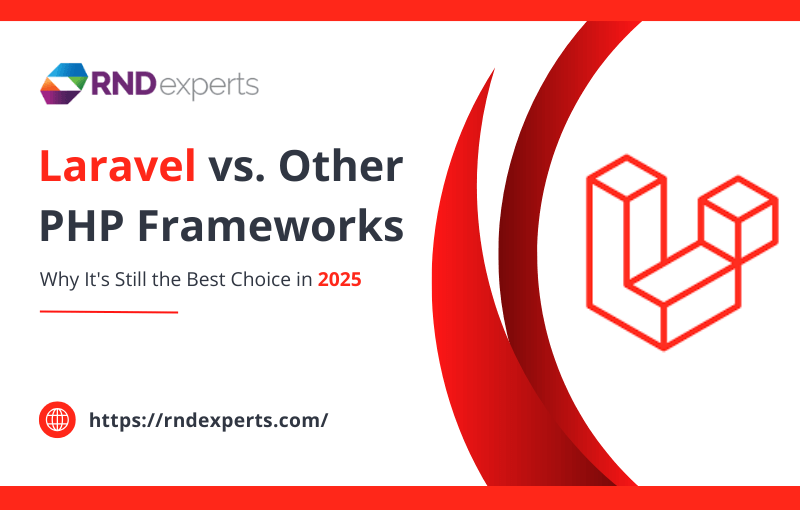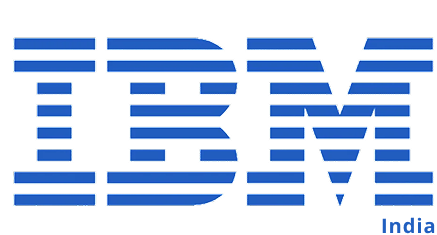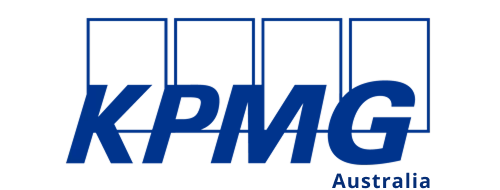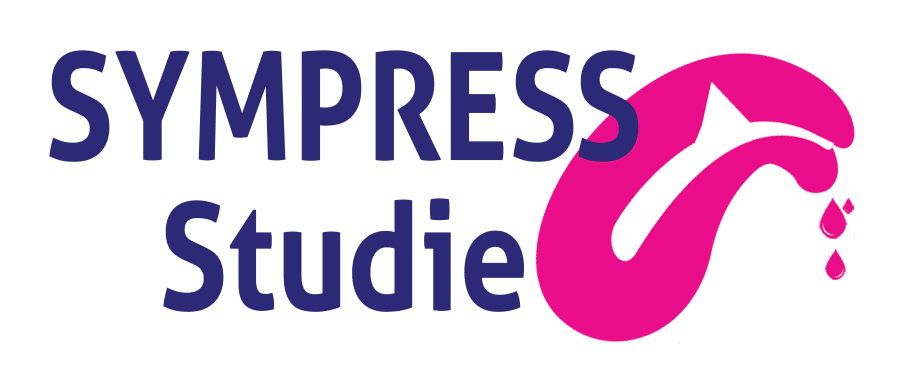In the ever-evolving landscape of web development, choosing the right framework is crucial for building efficient, scalable, and maintainable applications. Among the myriad of PHP frameworks available, Laravel has consistently distinguished itself as a premier choice. As of 2025, Laravel continues to lead the pack, offering unparalleled features and a robust ecosystem that cater to Read More…














